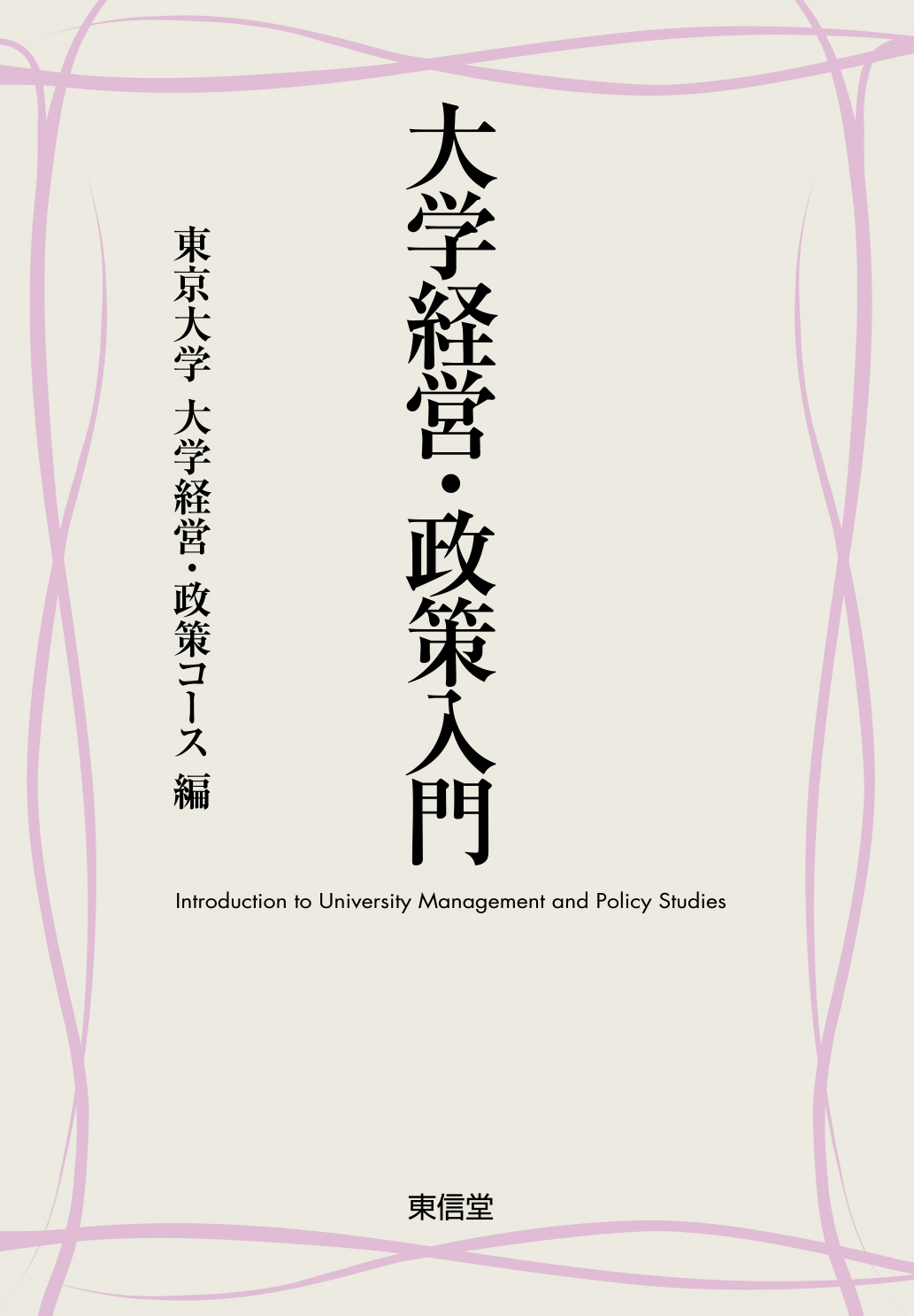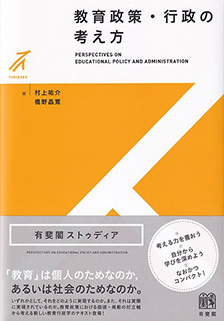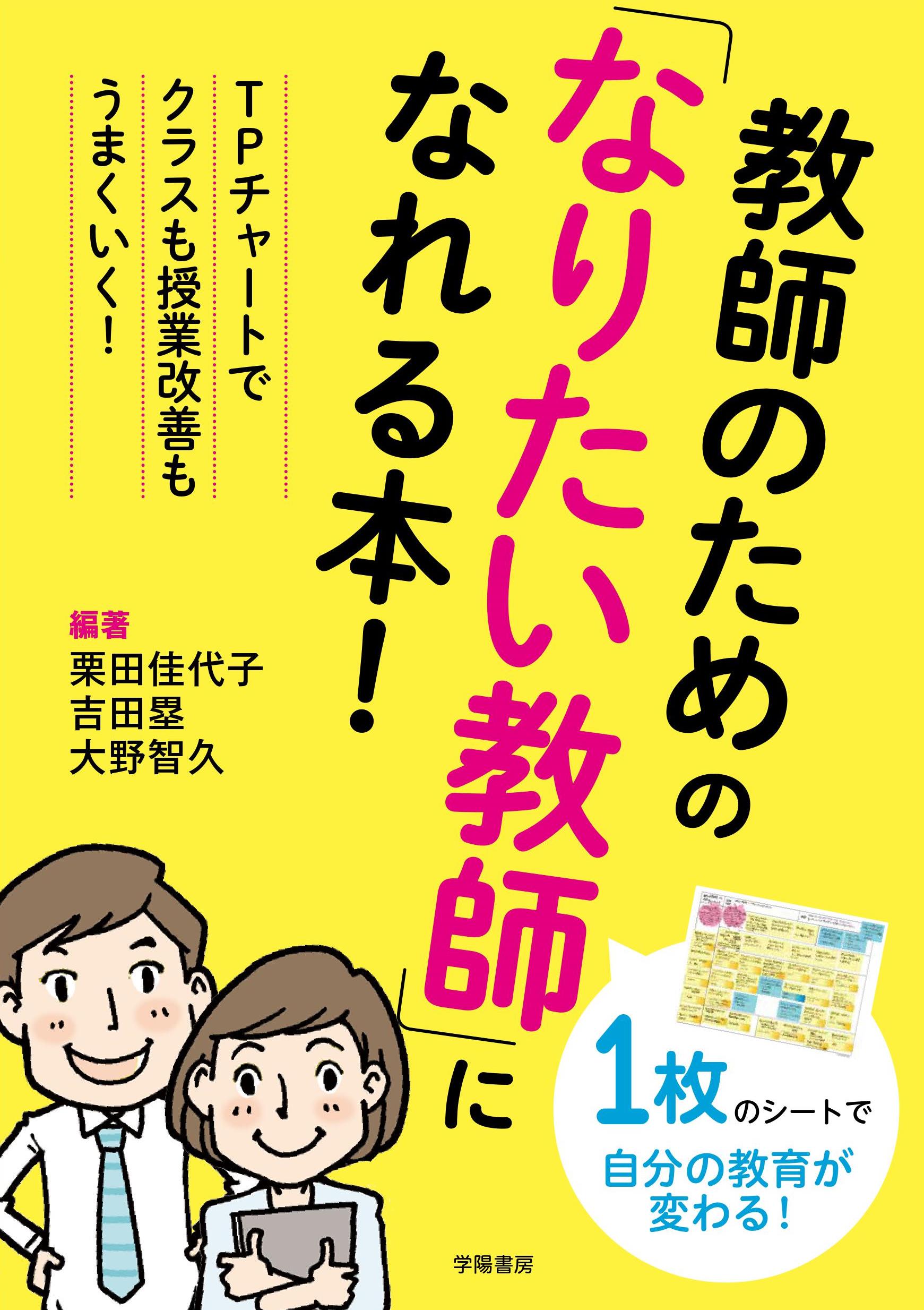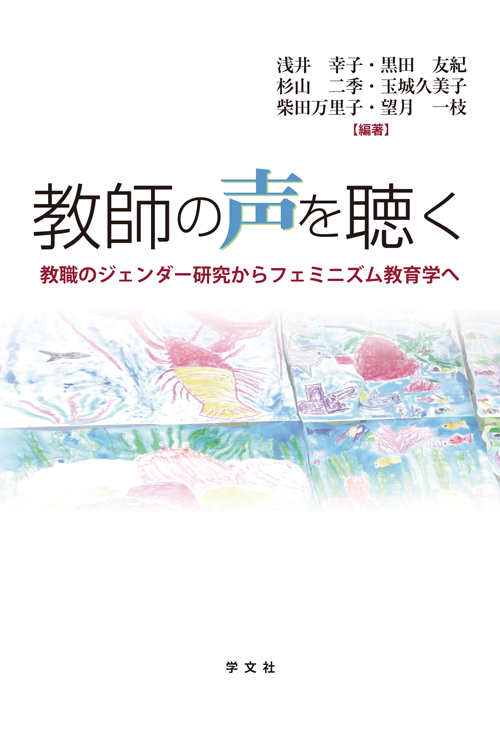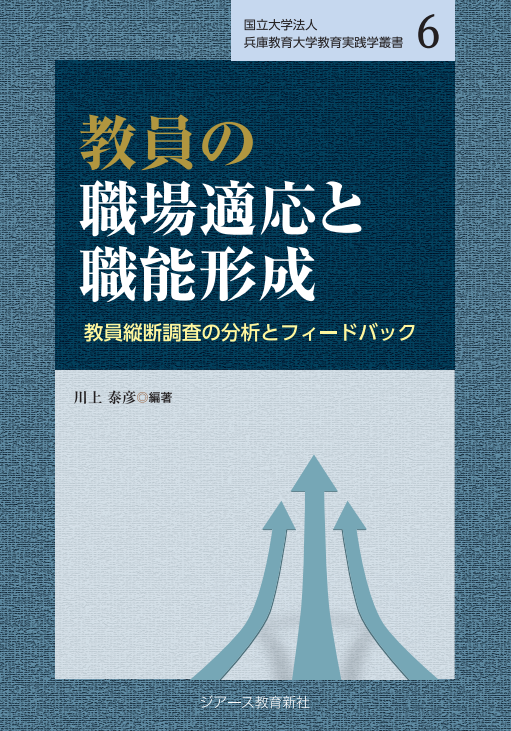
Title
Kyōin no Shokuba-Tekio to Shokuno-Keisei (Workplace Adjustment and Professional Development of Teachers in Japan - Analysis and Feedback from a Longitudinal Survey on Teachers)
Size
248 pages, A5 format, hardcover
Language
Japanese
Released
January 30, 2021
ISBN
978-4-86371-569-1
Published by
THE EARTH KYOIKUSHINSHA Co., Ltd.
Book Info
See Book Availability at Library
Misc.
*Out of Stock
Japanese Page
Among education policies, issues related to teachers’ working environment attract a great deal of attention and are often discussed in the news media. Such issues are not only relevant to the welfare of current teachers, but also are related to policies having to do with the “quality” of education in terms of long-term development of teachers’ competencies and the securing of human resources and are long-standing issues rooted in the Japanese educational system. However, despite their importance, few academic studies relating to such issues exist. This book is the outcome of empirical research conducted by a team of researchers, including the author, specializing in educational administration/finance and school management and is unique in the following respects.
The first feature is the book’s focus on HR systems relating to teachers, which are characteristic of Japanese education systems. In Japanese public schools, teachers are transferred within geographically broad municipalities over short-time cycles under the assumption of long-term service and are responsible for a wide range of duties. While this approach has contributed to the homogenization of educational conditions and the development of human resources within regions, it also imposes high workloads on teachers and is the cause of frequent friction in the context of workplace adjustment. This book examines issues related to teachers’ working environment, such as long working hours, from the standpoint of systemic strengths and weaknesses.
The second feature is the book’s multifaceted analysis based on independently collected panel data (data from multiple surveys of the same individual). Although empirical studies using such panel data are not uncommon in recent social sciences research, the panel data presented in the book are valuable for empirical research related to teacher policies in Japan. The strength of panel data in terms of causal inference is reflected in the analyses in each chapter.
The third feature is the book’s scope of investigation, which includes the feedback of research results to the field. When conducting research on teachers, cooperation from boards of education and schools is essential; the return of research results is an important part of the process. The fact that the book explicitly addresses the extent and way in which research results are communicated to practitioners and stakeholders, who are not necessarily academics and have their own interests, is extremely useful for understanding communication between the academic community and society.
In Chapter 5, the author analyzes the effects of long working hours on teachers’ well-being. Although it may seem obvious that long working hours negatively affect mental and physical health and that the framing of the issue is naïve, the data analyses yield results with strong policy implications. Specifically, the analyses clarify the threshold in terms of working hours at which adverse health effects start to become apparent, the breadth of effects of long working hours on individuals, and the factors (at the level of individual teachers, schools, and school systems) that explain the variability in these effects. It is hoped that this chapter is read in conjunction with the analyses in the other chapters.
(Written by HASHINO Akihiro, Associate Professor, Graduate School of Education / 2023)
Related Info
2022 The Japan School Improvement Research Association Academic Research Award (The Japan School Improvement Research Association 2023)
https://j-sira.jp/2023/01/11/%E6%97%A5%E6%9C%AC%E5%AD%A6%E6%A0%A1%E6%94%B9%E5%96%84%E5%AD%A6%E4%BC%9A2023%E3%80%80%E5%AD%A6%E8%A1%93%E7%A0%94%E7%A9%B6%E8%B3%9E/



 Find a book
Find a book


